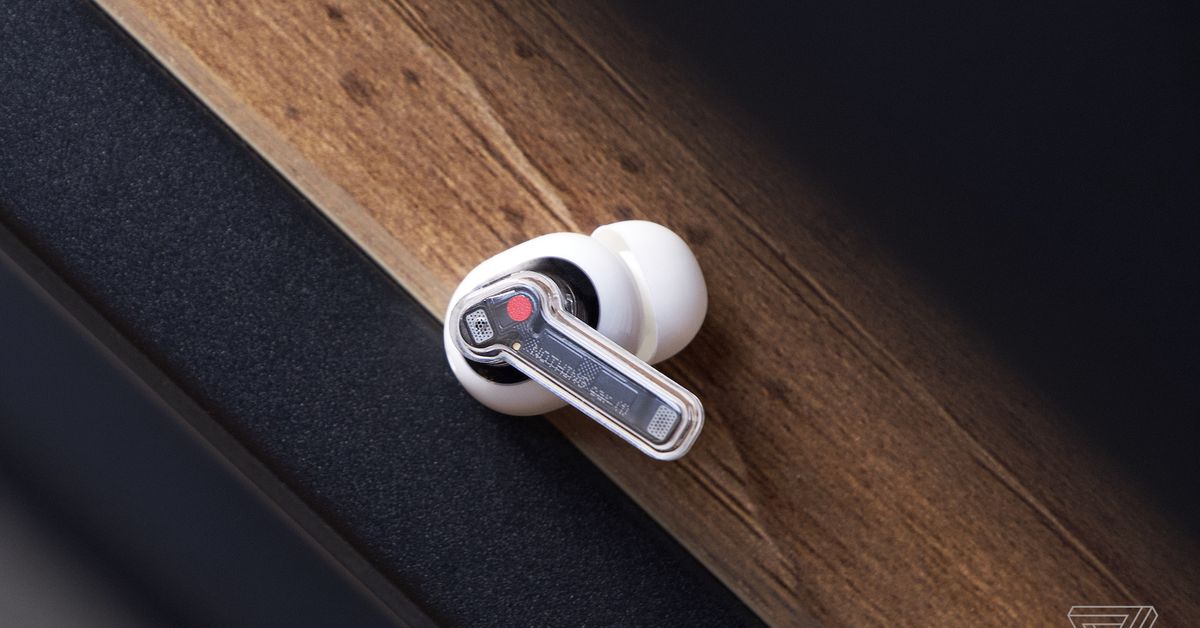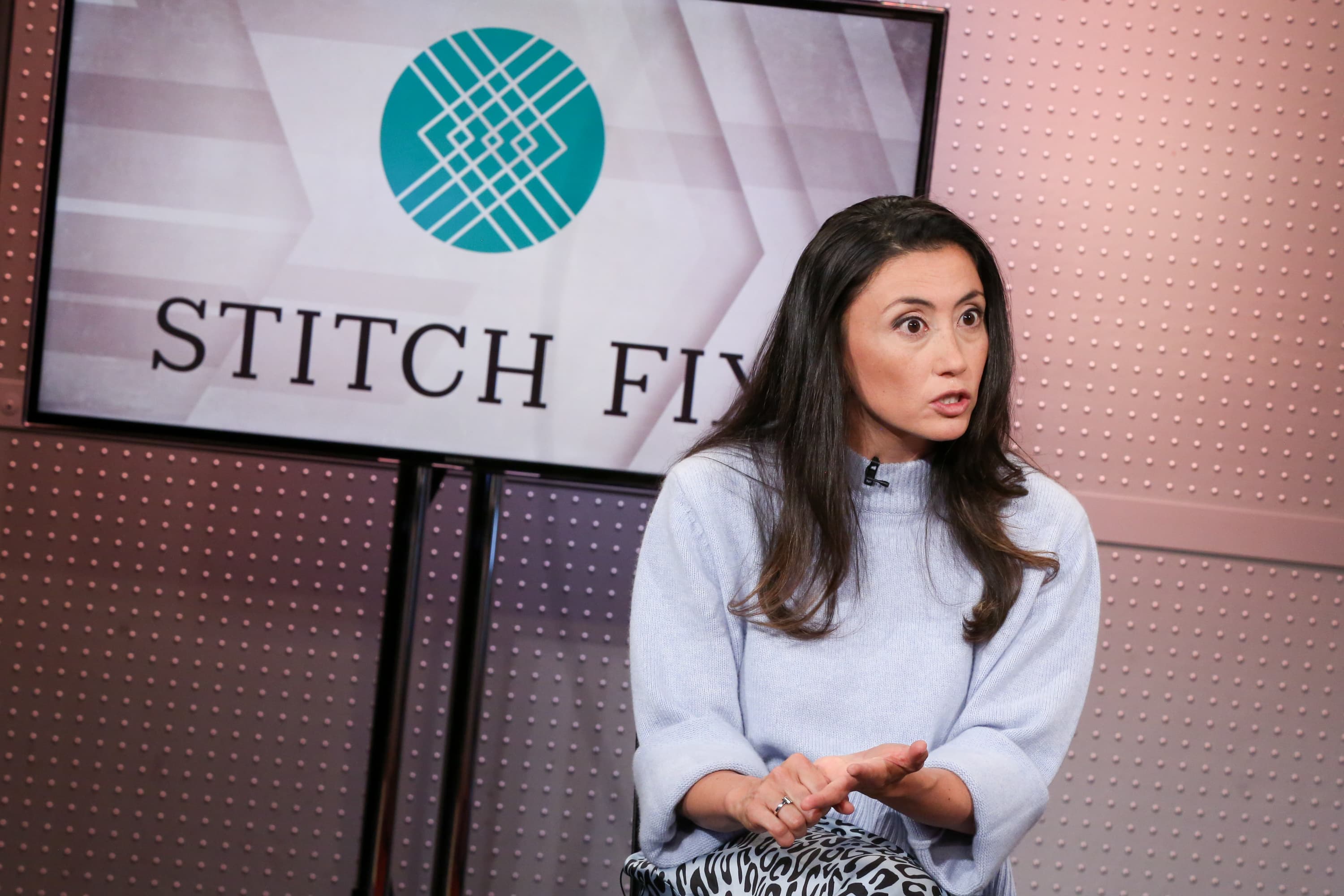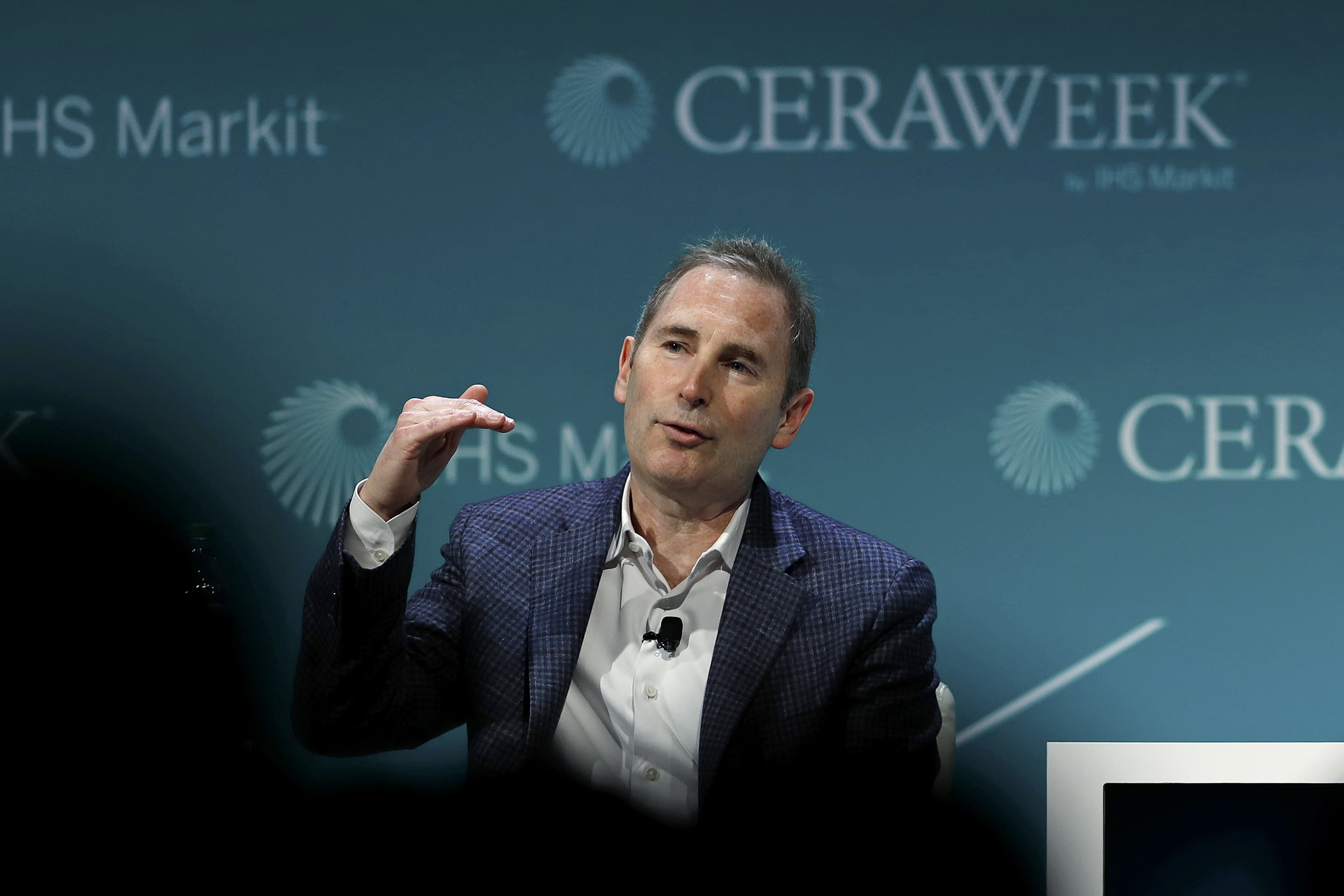Google missed big chance with ChatGPT-like tech, report claims
A new report offers the inside story on how Google missed a golden opportunity to lead the way with its own ChatGPT-like chatbot tech two years ago.

Google missed a golden opportunity to lead the way with its own ChatGPT-like chatbot technology tool two years ago, but an overly cautious attitude from those at the top prevented the company from releasing it, according to a Wall Street Journal report on Tuesday.
The two Google researchers who created the powerful conversational AI technology reportedly told colleagues at the time that their creation could revolutionize how people searched on the internet and worked with computers.
Named by the Journal as Daniel De Freitas and Noam Shazeer, the pair wanted Google to make a public demo available and to incorporate it into the Google Assistant virtual helper, but executives were unconvinced, claiming the technology fell short of company standards regarding the “safety and fairness” of AI systems, those familiar with the matter told the Journal.
Two years later, Microsoft did what Google failed to do when it backed ChatGPT-creator OpenAI, released a public beta, and incorporated elements of it into its Bing search engine.
At the same time, Microsoft enjoyed — and continues to enjoy — all of the resulting publicity associated with its bold decision to make the AI tool widely available. Google, meanwhile, is now playing catchup with its own version, called Bard, which the Journal says is based to some extent on De Freitas and Shazeer’s work.
Google unveiled Bard last month and said it was continuing to test it before making it available more widely. Similar to ChatGPT, it answers queries in a conversational way. Although the use of the technology goes way beyond search engines, Google fears that if the AI format proves popular for search, Microsoft could nab a significant chunk of the lucrative advertising market from Google’s own popular search product.
Despite the missed opportunity, Google and its parent company Alphabet have huge resources to ensure Bard’s rapid development, giving it a fighting chance of effectively competing with anything that Microsoft produces.
As for De Freitas and Shazeer, they were apparently so discouraged by Google’s reluctance to take a chance with their work that they left the company in 2021.
To find out how ChatGPT and Bard currently stack up, check out this Digital Trends article comparing the two chatbots.

 UsenB
UsenB 































